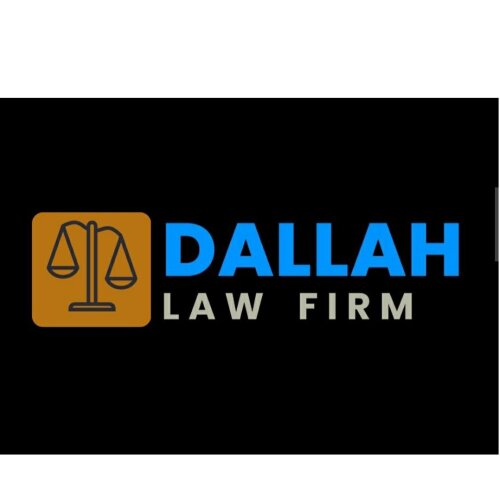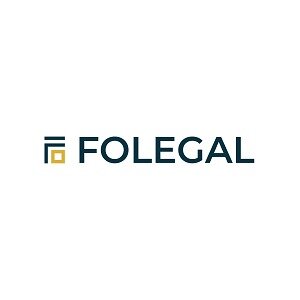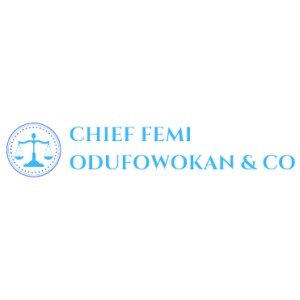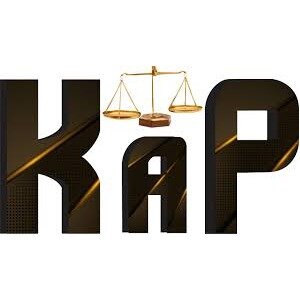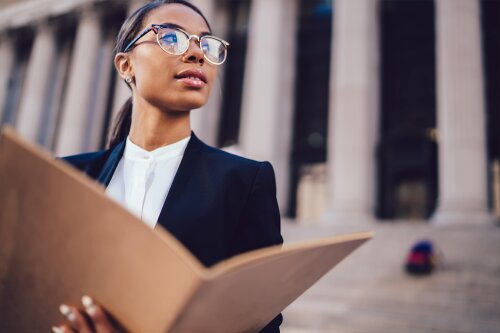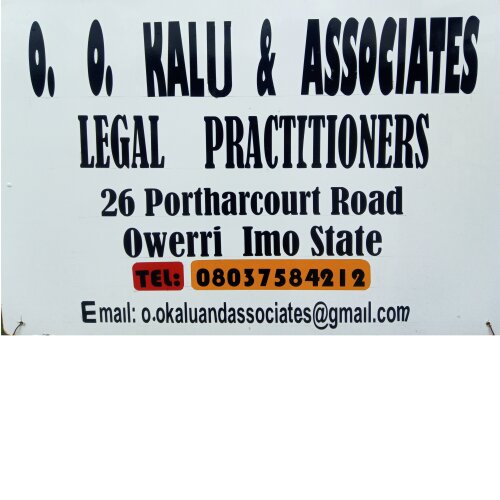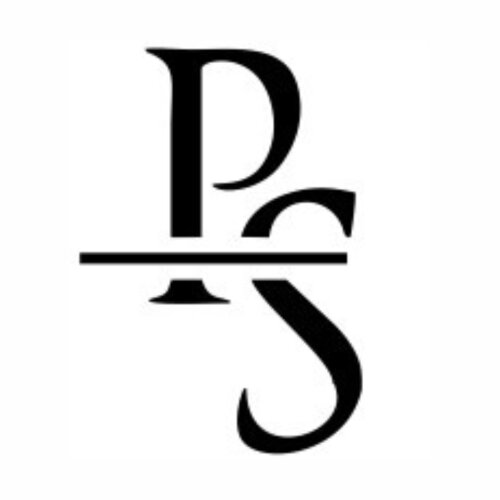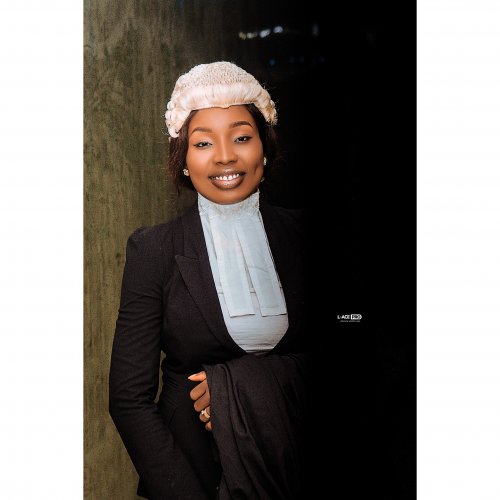Best Constitutional Law Lawyers in Nigeria
Share your needs with us, get contacted by law firms.
Free. Takes 2 min.
Or refine your search by selecting a city:
List of the best lawyers in Nigeria
About Constitutional Law in Nigeria
Constitutional Law in Nigeria is the body of laws, principles, and practices that defines the framework of legal governance in Nigeria. It establishes the structure, powers, and duties of government institutions and the fundamental rights of citizens. The Nigerian Constitution, most recently amended in 1999, serves as the supreme legal document guiding the country's legal system and ensuring the rule of law. It outlines the separation of powers among the executive, legislative, and judicial branches and includes a detailed Bill of Rights safeguarding civil liberties.
Why You May Need a Lawyer
There are several situations where obtaining legal help in Constitutional Law may be necessary. Individuals may require legal assistance when their fundamental rights are threatened or violated, such as in cases of unlawful detention, discrimination, or freedom of expression issues. Businesses and corporations might need constitutional law expertise when dealing with regulatory challenges, particularly those related to compliance with government policies. Additionally, understanding the constitutional implications of new legislation can also necessitate legal counsel to navigate potential impacts on personal or organizational interests.
Local Laws Overview
The Nigerian legal system incorporates a mix of common law, statute law, and customary law. The 1999 Constitution sets the framework for federal and state legislation, and any local laws in contradiction with the Constitution can be rendered void by judicial review. Important aspects of local laws related to Constitutional issues include the entrenchment of human rights, the division of power between federal and state governments, and the establishment of independent judiciary systems. Understanding these local laws is crucial for interpreting how constitutional norms and rights are applied in varying contexts across Nigeria's diverse regions.
Frequently Asked Questions
What is the role of the Nigerian Constitution?
The Nigerian Constitution serves as the supreme law of the land, outlining the nation’s legal and institutional framework, distributing power among governmental bodies, and protecting citizens' rights.
What are some fundamental rights protected by the Nigerian Constitution?
Fundamental rights include the right to life, freedom of speech, freedom of movement, right to privacy and family life, and protection against discrimination.
How does the Constitution affect the separation of powers in Nigeria?
The Nigerian Constitution establishes a tripartite system, dividing government responsibilities among the executive, legislative, and judicial branches to maintain checks and balances.
Can constitutional matters be settled out of court?
While negotiation and arbitration can resolve some disputes, constitutional violations often require judicial intervention to address breaches of fundamental rights or legality of laws.
What is constitutional amendment and how is it conducted in Nigeria?
Amending the Constitution requires a rigorous process involving the National Assembly and state Houses of Assembly, usually needing a two-thirds majority and the approval of two-thirds of state legislatures.
How do I enforce my constitutional rights in Nigeria?
If you believe your rights are violated, you may file a complaint in court, often assisted by a legal professional to assess the validity and extent of your claim.
What is the role of customary law in the Nigerian legal system?
Customary law refers to the indigenous legal practices observed in many communities, operating alongside statutory and common law, as long as they do not conflict with the Constitution.
What are the judicial remedies for constitutional rights violations?
Judicial remedies may include declarations, injunctions, compensation, or other orders deemed suitable by the court to address and rectify rights violations.
Can state laws in Nigeria override federal constitutional provisions?
No. The Constitution is the supreme law, and any state law conflicting with its provisions is subject to invalidation through judicial review.
How does judicial review work in the context of Constitutional Law?
Judicial review allows courts to interpret the Constitution and to nullify any legislative or executive actions that contravene its principles or provisions.
Additional Resources
For those seeking further information or assistance, resources such as the Nigerian Bar Association, the Nigerian Law School, and the National Human Rights Commission can be invaluable. Additionally, non-governmental organizations like Legal Aid Council of Nigeria offer support and guidance for constitutional matters, especially for underprivileged groups.
Next Steps
If you believe you require legal assistance in Constitutional Law, consider contacting a qualified lawyer experienced in this field. They can provide personalized advice and represent your interests in legal proceedings. Additionally, you might reach out to local legal aid organizations or consult online legal services for preliminary guidance. Be sure to prepare all relevant documents and a summary of your situation before seeking advice to ensure a productive consultation.
Lawzana helps you find the best lawyers and law firms in Nigeria through a curated and pre-screened list of qualified legal professionals. Our platform offers rankings and detailed profiles of attorneys and law firms, allowing you to compare based on practice areas, including Constitutional Law, experience, and client feedback.
Each profile includes a description of the firm's areas of practice, client reviews, team members and partners, year of establishment, spoken languages, office locations, contact information, social media presence, and any published articles or resources. Most firms on our platform speak English and are experienced in both local and international legal matters.
Get a quote from top-rated law firms in Nigeria — quickly, securely, and without unnecessary hassle.
Disclaimer:
The information provided on this page is for general informational purposes only and does not constitute legal advice. While we strive to ensure the accuracy and relevance of the content, legal information may change over time, and interpretations of the law can vary. You should always consult with a qualified legal professional for advice specific to your situation.
We disclaim all liability for actions taken or not taken based on the content of this page. If you believe any information is incorrect or outdated, please contact us, and we will review and update it where appropriate.
Browse constitutional law law firms by city in Nigeria
Refine your search by selecting a city.



